Trading: you can be sure of Shell
Oil won’t stay low forever – and Anglo-Dutch oil giant Shell looks both lean and cheap.


Get the latest financial news, insights and expert analysis from our award-winning MoneyWeek team, to help you understand what really matters when it comes to your finances.
You are now subscribed
Your newsletter sign-up was successful
Want to add more newsletters?
These are torrid times for the oil industry. The price of a barrel of West Texas Intermediate, the benchmark US oil futures, has fallen from $60 at the start of the year to under $20, while even Brent crude is around $25. This is due to two factors: an increase in supply owing to the breakdown of the agreement between oil cartel Opec and Russia, and a collapse in demand as the world goes into lockdown.
The mismatch between supply and demand is now so great that there are reports of companies getting close to running out of space to store the excess oil. They may even end up paying some customers to take the oil off their hands.
Still, dire as conditions are, these prices are unlikely to last forever. While experts agree that demand for oil will be hit by most economies around the world being in recession, they also expect a relatively quick recovery once restrictions are lifted and activity starts to return to normal.
Try 6 free issues of MoneyWeek today
Get unparalleled financial insight, analysis and expert opinion you can profit from.

Sign up to Money Morning
Don't miss the latest investment and personal finances news, market analysis, plus money-saving tips with our free twice-daily newsletter
Don't miss the latest investment and personal finances news, market analysis, plus money-saving tips with our free twice-daily newsletter
What’s more, the collapse in the oil price is already causing producers problems, especially relatively high-cost producers such as those involved in the American shale oil industry. And given that members of Opec depend on oil revenue to balance the books, they can’t afford for the oil price to remain at rock-bottom levels indefinitely.
The pick of the sector
As a result, some of the oil companies that have seen their shares fall to record lows now look attractive. One is Royal Dutch Shell (LSE: RDSA), which has slumped by almost 50%.
One reason for optimism, however, is that it has been working hard to cut the cost of production, so it will continue to make money if the oil price stays low; even its shale oil and gas holdings in the United States are set to break even at around $35 a barrel. Shell also has an interesting longer-term strategy of investing in renewable resources in order to offset the gradual decline of fossil fuels.
However, as with any energy company in this market, the stock’s most appealing feature is its valuation, with the company trading at a 40% discount to its net assets (compared with rival BP’s 20%) and only eight times estimated 2021 earnings.
Of course, the extreme volatility of the oil price means that you have to take these figures with a pinch of salt. Nevertheless, the fact that Royal Dutch Shell offers a yield of 11.6% is another big attraction, especially since it has said that it will suspend buybacks and reduce capital expenditure by around 20% to protect its dividend.
I suggest that you go long Shell at the current price of 1,300p at £2.50 per 1p (compared with IG Index’s minimum stake of £1). To avoid being stopped out in these extremely volatile markets, only to see Shell’s share price subsequently recover, I think you should opt for a wider stop-loss than usual at 650p, which gives you a total downside of £1,625.
Trading techniques... is a CEO’s death bullish?
What happens to a company when a CEO dies? The apparent suicide of Robert Maxwell in November 1991 preceded the bankruptcy of Maxwell Group by just a month. By contrast, the death of Steve Jobs, (widely regarded as the key factor behind Apple’s revival) in October 2011 didn’t prevent Apple’s shares from continuing to soar, allowing it to become one of the largest listed companies in the world (although technically Jobs had stepped down as CEO a few months before).
A 2016 study by Timothy Quigley and Robert Campbell of the University of Georgia, and Craig Crossland of the University of Notre Dame, looked at 240 unexpected deaths of CEOs between 1950 and 2009. The study found that the market reacted negatively to an unexpected death, with shares in the companies affected falling by an average of 0.92% the day after the announcement. But the variance of the reactions was relatively large and in many cases the share prices increased significantly, suggesting that the death was viewed as being positive for the firm. Moreover, a 2005 study by Louis Ederington of the University of Oklahoma and Jesus Salas of Lehigh University found that between 1983 and 2003 the death of either the CEO or the chairman produced slightly positive returns.
Stocks did better when someone who had founded the company died. This may be because founders tend to be major shareholders, so their death could increase the chance that the firm will become a takeover target (because founders tend to be reluctant to sell firms that they have created). If so, shareholders may get a premium for their shares.
How my tips have fared
As you’d expect, these past four weeks have been dismal for the six long positions that I tipped before the crisis, all of which plunged.
The good news is that in most cases stop-losses limited the carnage. This meant that Bausch Health Companies was closed out at $24, Volkswagen at €153, Taylor Wimpey at 130p, DS Smith at 300p, National Express at 353p and United Rentals at $117.
The upshot? My total losses on the closed positions were £4,340. International Consolidated Airlines Group, which I tipped a fortnight ago, has also fallen from 262p to 200p, a loss of £930.
However, the losses incurred on the long side have been balanced by the fact that the bear market has greatly increased the value of my short positions.
Indeed, if you had followed my advice a fortnight ago to take profits on the Wayfair short, you would have made £2,643. As far as the four remaining positions are concerned, Uber has declined from $33.38 to $27.28 and Boeing from $287.40 to $155. Shake Shack has slumped from $56.66 to $40 and PMI (Philip Morris International) has dwindled from $85.41 to $69.15. Overall, my current shorts are making a profit of £4,110.
The overall effect of the market turmoil has been to change the bias of my portfolio. While before the meltdown I had slightly more long positions than shorts, today there is a skew towards the short side.
To help balance the portfolio, I suggest that you take profits of £1,633 on Boeing, especially since it is perceived to be too big and too important to the US economy to fail.
This leaves Shake Shack, Uber and Philip Morris International as the three short positions, with International Consolidated Airlines Group and BP as the long positions.
Get the latest financial news, insights and expert analysis from our award-winning MoneyWeek team, to help you understand what really matters when it comes to your finances.

-
 Review: Pierre & Vacances – affordable luxury in iconic Flaine
Review: Pierre & Vacances – affordable luxury in iconic FlaineSnow-sure and steeped in rich architectural heritage, Flaine is a unique ski resort which offers something for all of the family.
-
 Could you get cheaper loans under ‘significant’ FCA credit proposals?
Could you get cheaper loans under ‘significant’ FCA credit proposals?The Financial Conduct Authority has launched a consultation which could lead to better access to credit for consumers and increase competition across the market, according to experts.
-
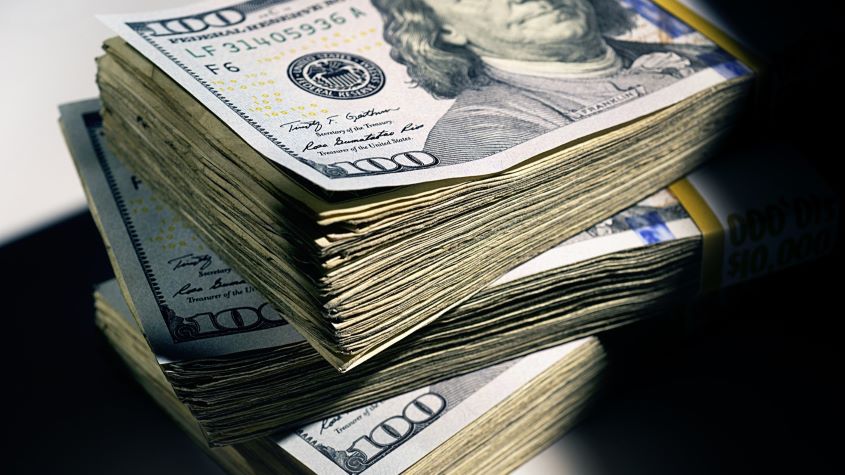 Why you should keep an eye on the US dollar, the most important price in the world
Why you should keep an eye on the US dollar, the most important price in the worldAdvice The US dollar is the most important asset in the world, dictating the prices of vital commodities. Where it goes next will determine the outlook for the global economy says Dominic Frisby.
-
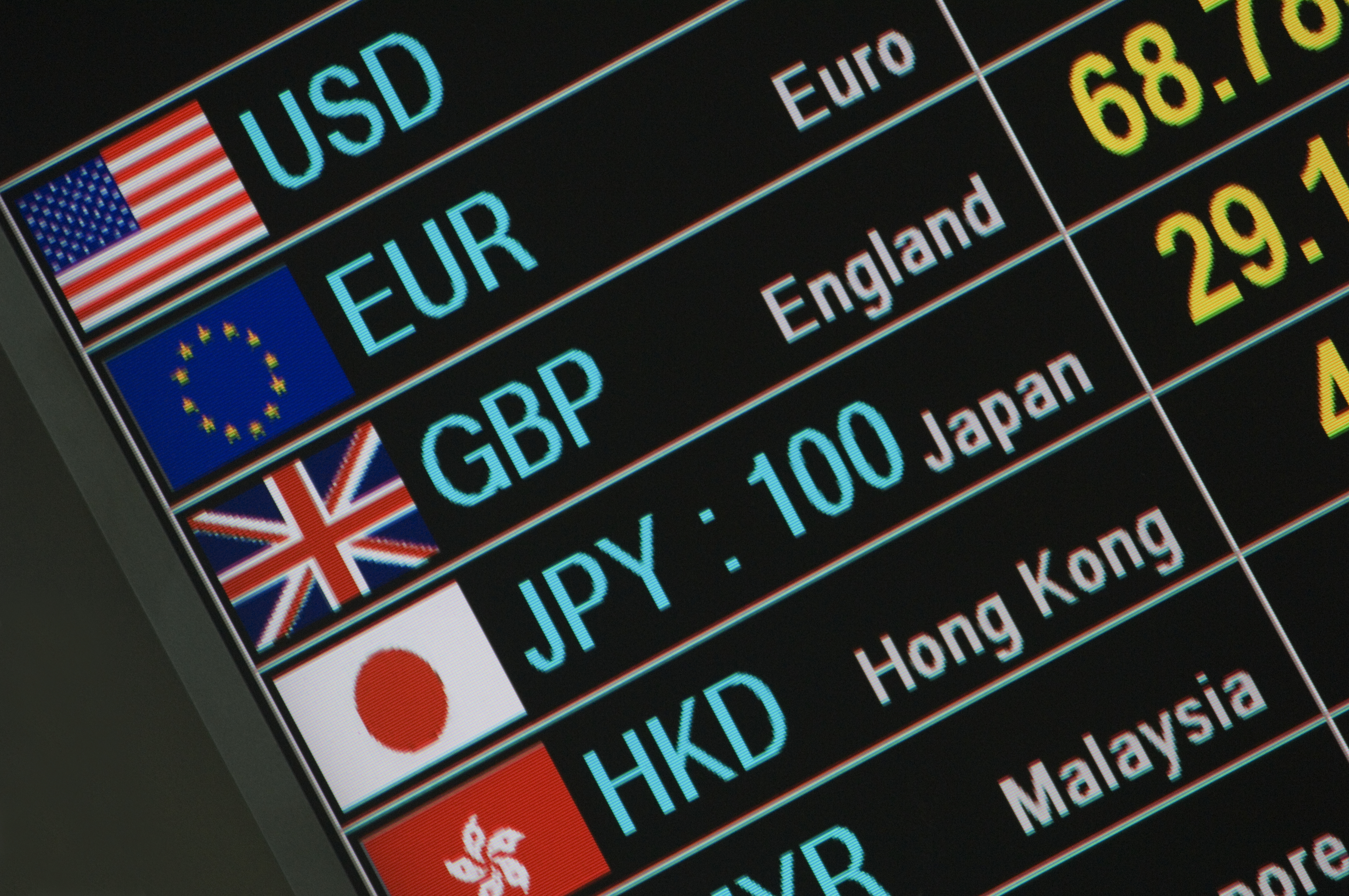 What is FX trading?
What is FX trading?What is FX trading and can you make money from it? We explain how foreign exchange trading works and the risks
-
 The Burberry share price looks like a good bet
The Burberry share price looks like a good betTips The Burberry share price could be on the verge of a major upswing as the firm’s profits return to growth.
-
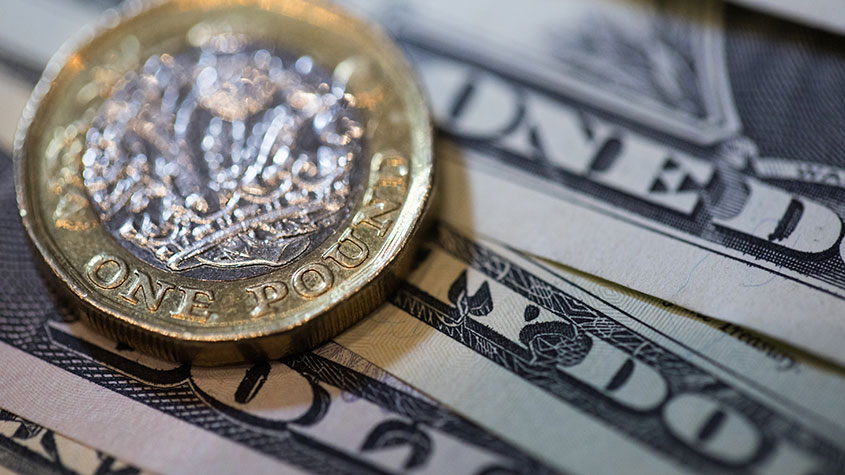 Sterling accelerates its recovery after chancellor’s U-turn on taxes
Sterling accelerates its recovery after chancellor’s U-turn on taxesNews The pound has recovered after Kwasi Kwarteng U-turned on abolishing the top rate of income tax. Saloni Sardana explains what's going on..
-
 Why you should short this satellite broadband company
Why you should short this satellite broadband companyTips With an ill-considered business plan, satellite broadband company AST SpaceMobile is doomed to failure, says Matthew Partridge. Here's how to short the stock.
-
 It’s time to sell this stock
It’s time to sell this stockTips Digital Realty’s data-storage business model is moribund, consumed by the rise of cloud computing. Here's how you could short the shares, says Matthew Partridge.
-
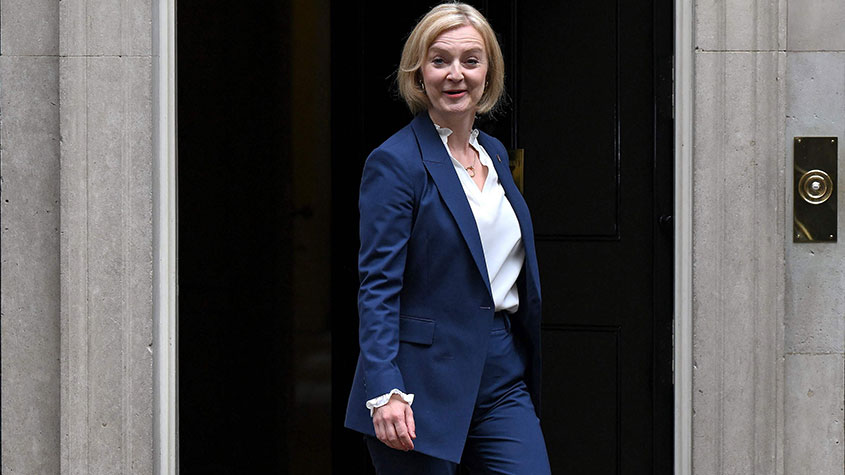 Will Liz Truss as PM mark a turning point for the pound?
Will Liz Truss as PM mark a turning point for the pound?Analysis The pound is at its lowest since 1985. But a new government often markets a turning point, says Dominic Frisby. Here, he looks at where sterling might go from here.
-
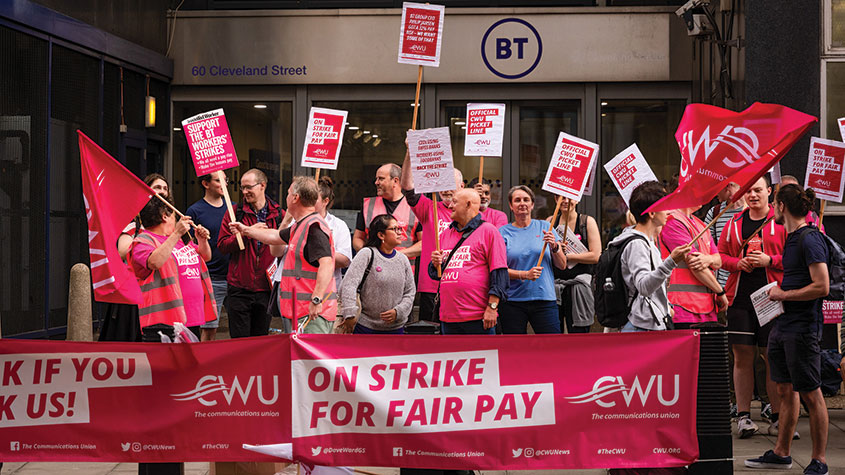 Are we heading for a sterling crisis?
Are we heading for a sterling crisis?News The pound sliding against the dollar and the euro is symbolic of the UK's economic weakness and a sign that overseas investors losing confidence in the country.